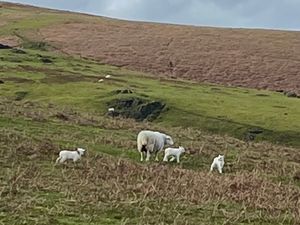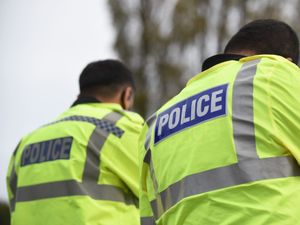Snakes alive! Deadly pets kept in homes across Shropshire
Deadly venomous snakes, an ostrich and a zebra – all are among the list of wild animals registered as being kept in homes across Shropshire and Mid Wales.
Shropshire Council lists six wolves, two savannah cats, one zebra, one camel, two capuchin monkeys and two gibbons living at private properties.
Telford & Wrekin lists an ocelot cat, a dwarf crocodile, two rattlesnakes, 18 cobras, two widow spiders and four lemurs recorded. While Powys County Council has an ostrich on its register.
The unusual pets are among thousands being kept on private properties across the UK and included in a report released today.
New figures reveal that hundreds of poisonous snakes, including more than 300 killer cobras, vipers and rattlesnakes are being kept as pets across the UK.
More than 100 councils have given residents licences to keep a host of deadly predators, with some keeping a variety of different species.
But animal welfare experts claim animals are being put at risk.
Dangerous wild animals (DWA) licences are granted by councils to allow people to keep undomesticated animals as pets, providing they have the requisite safety measures at their home and pay a small fee.
Among the most popular are lemurs, a small primate, while smaller cats, which are often crosses between domestic and larger wild cats, such as savannahs, are also in high demand.
DWA licences are also issued to properties where animals may be receiving care after being rescued, or living at small private farms, where people keep wild beasts for breeding purposes.
A RSPCA spokeswoman said: "We are deeply concerned about the number of exotic animals, including dangerous wild animals, now being kept as pets. People may buy them with little idea of how difficult they can be to keep and the animals are sometimes neglected when the novelty wears off and the commitment hits home."
She added: "Licences for exotic animals classed as Dangerous Wild Animals – such as cobras, ostriches and caiman crocodiles – are granted by local authorities and the details are also held locally.
"There is no centrally-held list to determine how many are kept across the country. The emphasis of this legislation is on making sure the owner takes reasonable steps to prevent the animal from being a threat to the public, rather than the welfare of the animals concerned.
"Exotic animals have specialist needs and this includes the ones listed on the Dangerous Wild Animals Act list."





